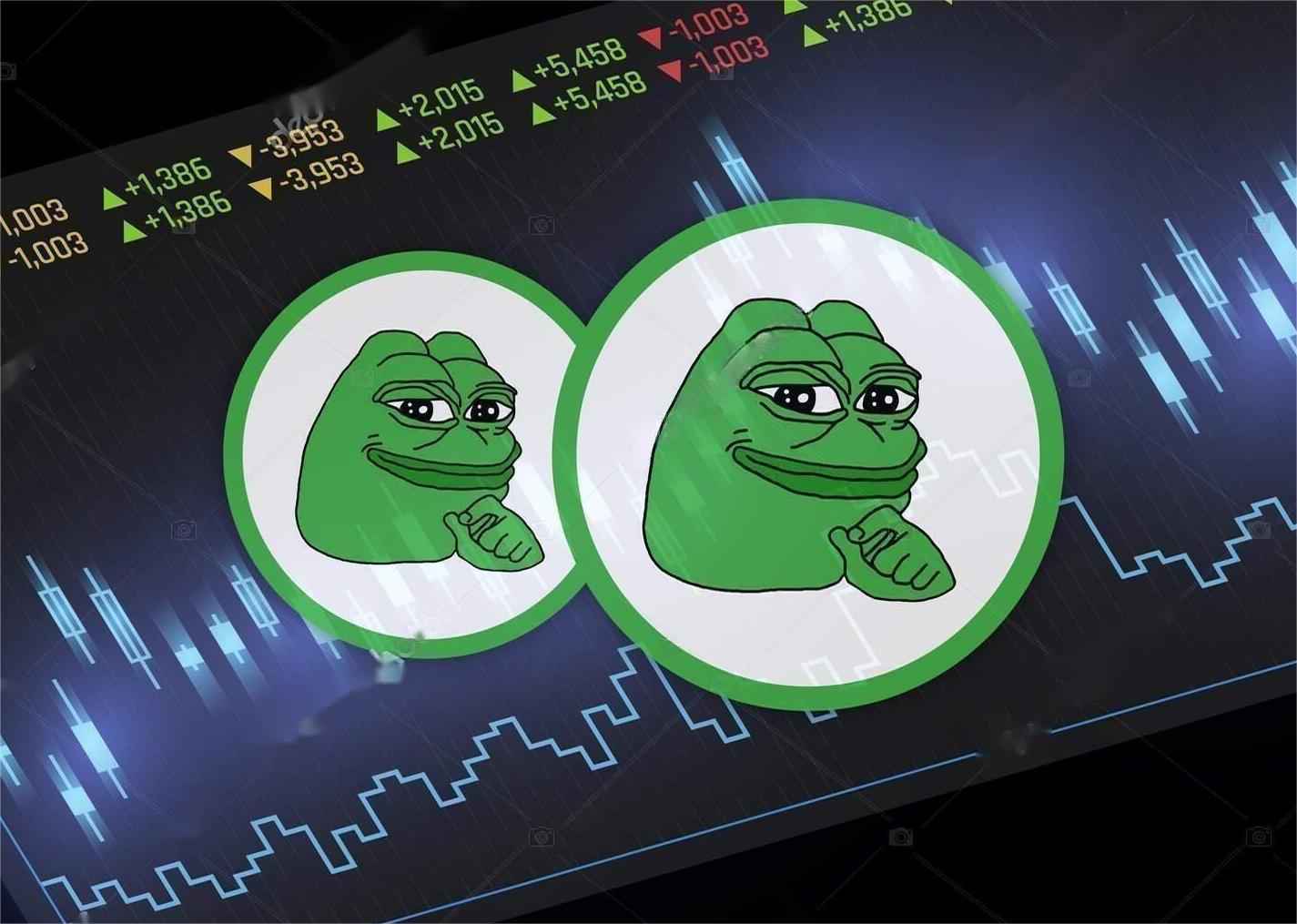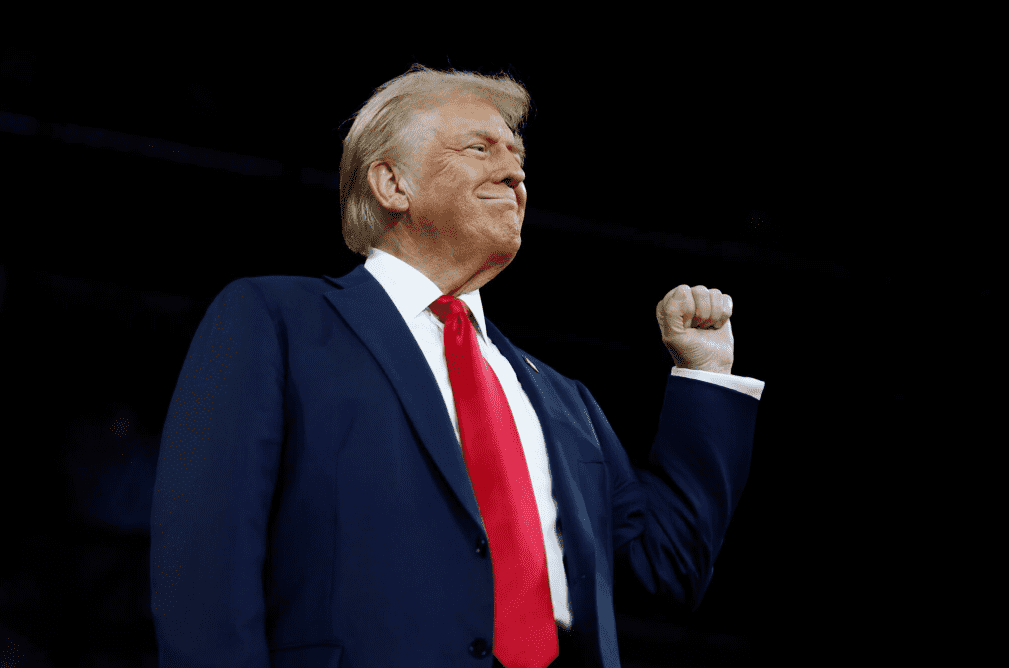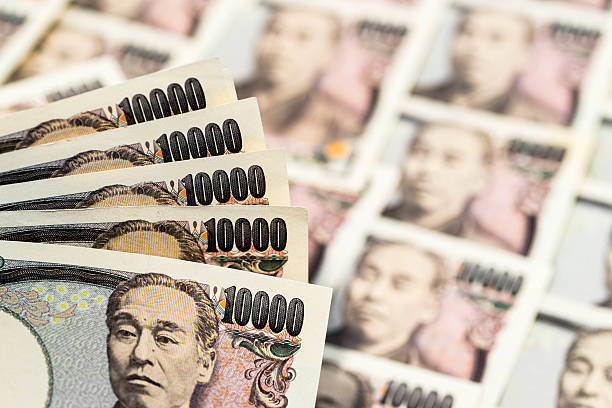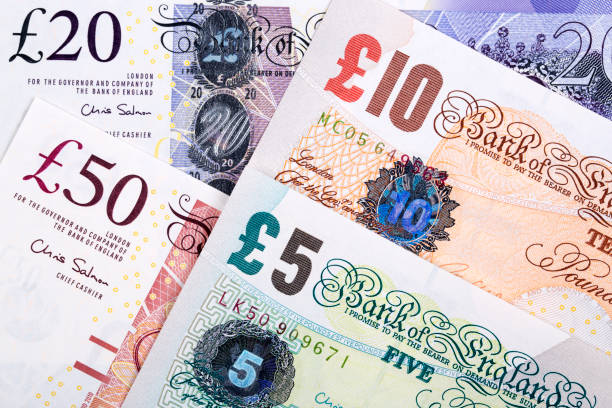Artists feel short-changed by AI firms who are using their creative to feed models without permission

A major music industry group, ICMP, has lamented the use of artists’ work by AI companies, calling them guilty of “wilful” copyright infringement, as the battle between the tech firms and the arts industry continues.
The Brussels-based group known as the International Confederation of Music Publishers (ICMP) comprises major record labels and other music industry professionals. Their voice adds to many others within the arts industry that have expressed displeasure at AI firms for using their creative work to train their systems without permission.
ICMP accuses AI firms of deliberate copyright infringement
ICMP director general John Phelan told AFP that big tech firms and AI-specific companies were involved in what he termed “the largest copyright infringement exercise that has been seen.” He cited the likes of OpenAI, Suno, Udio, and Mistral as some of the culprits.
The ICMP carried out an investigation for nearly two years to ascertain how generative AI firms were using material by creatives to enrich themselves.
The Brussels-based group is one of a number of industry bodies that span across news media and publishing to target the fast-growing AI sector over its use of content without paying any royalties.
Suno and Udio, who are AI music generators, can produce tracks with voices, melodies, and musical styles that echo those of the original artists such as the Beatles, Depeche Mode, Mariah Carey, and the Beach boys.
“What is legal or illegal is how the technologies are used. That means the corporate decisions made by the chief executives of companies matter immensely and should comply with the law,” Phelan told AFP.
“What we see is they are engaged in wilful, commercial-scale copyright infringement.”
Phelan.
In June last year, a US trade group, the Recording Industry Association of America, filed a lawsuit against Suno and Udio. However, an exception is Eleven Music, another AI-generated music service provider, which, according to Phelan, signed a deal with the Kobalt record label in August.
According to AFP, tech firms normally invoke “fair use,” which is a copyright exception that allows the use of creative works without permission under certain circumstances. Tech firms OpenAI, Google, Mistral, Suno, and Udio did not comment on the matter.
Research done by the ICMP revealed that AI firms had done widespread “scraping,” which is a practice that uses programs that are known as “crawlers” that explore the internet for content. The research was first published in music outlet Billboard earlier this month.
With these programs, AI firms can harvest lyrics for their models, which then utilize them to recreate them without permission from the original artist, according to the ICMP.
Artists want enhanced transparency
To ensure there is transparency, rights holders want tougher regulation, which can be achieved through the European Union’s Artificial Intelligence Act.
“It is essential to understand the scale of the threat facing authors, composers and publishers,” warned Juliette Metz, president of the French music publishers’ association and also an ICMP member.
“There can be no use of copyright-protected music without a licence.”
Metz.
The battle between AI firms and the arts industry has intensified as the AI industry continues to grow. In the US, Anthropic agreed to pay at least $1.5 billion into a compensation fund for authors, rights holders, and publishers after they sued the AI startup for illegally downloading millions of books to train its systems.
Universal, Warner, and Sony, US-based music majors, are negotiating with Suno and Udio with the hope of striking a licensing deal. This comes as AI-generated music is already finding its way into streaming platforms.
According to AFP, AI-generated music accounts for 28% of music that is uploaded on the French music platform known as Deezer, and it has reportedly ballooned over the past year in uploads.
A study carried out by the International Confederation of Societies of Authors and Composers (CISAC) an industry body that represents more than five million creators worldwide, warned about the adverse impacts of AI-generated music. It argues that artists’ income may shrink by as much as 20% in the next four years due to growing AI-made music.
In the UK, top artists have also expressed concerns about the growing use of their work by AI firms. They have called on the government to protect their work from AI exploitation. This came after the government indicated plans to permit AI developers to train systems on books, lyrics, scripts, and music without prior permission, which were condemned by artists. Top British musician Elton John said such a policy leaves the door wide open for an artist’s life’s work to be stolen.
Get $50 free to trade crypto when you sign up to Bybit now







